Does Elderberry Help with Allergies: Get Natural Relief Now
Does elderberry help with allergies? This is a question many ask around springtime, and for good reason. Elderberries are an amazing herb with many different benefits.
Are you one of the countless individuals who dread the onset of allergy season each year? While looking for relief from these seasonal woes, the allure of natural remedies has never been stronger. Enter elderberry syrup, a time-honored herb celebrated for its purported health benefits.
In this blog post, I’ll go into the scientific evidence surrounding elderberries’ potential as a natural relief for allergy symptoms. Unpacking its mechanisms of action, exploring its historical roots, and navigating the maze of modern research. Here is the truth behind elderberry and its role in alleviating the discomforts of seasonal allergies.
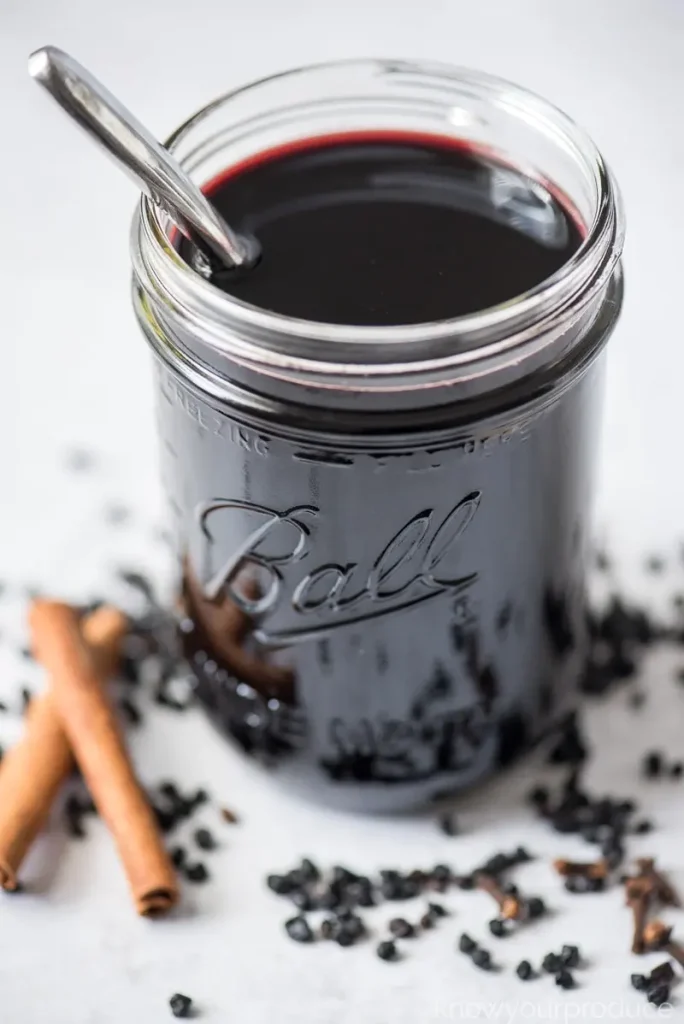
Understanding Elderberry Syrup
Elderberry syrup, Sambucus nigra plant, has a rich history deeply intertwined with various cultures and traditions across the globe. Native to Europe, the Sambucus nigra, or European elderberry, has been esteemed for centuries for its medicinal properties. It can be processed into different forms, including syrups, supplements, teas, and even consumed as raw berries.
This adaptability has made elderberry a staple in traditional medicine practices. With its usage documented across ancient civilizations such as the Greeks and Egyptians. In these cultures, elderberry was esteemed not only for its purported ability to alleviate symptoms of common ailments but also for its potential to support overall well-being. From treating cold symptoms to addressing digestive issues, elderberry found its place in the apothecaries and herbal remedies of yore.
Beyond Europe, elderberry’s influence extends to other parts of the world as well. In regions of Asia and Africa, similar species of elderberry have been utilized for their health benefits. Highlighting the universal recognition of this plant’s therapeutic potential. Its presence in folk medicine traditions speaks to the deep-rooted belief in the healing properties of nature and the wisdom passed down through generations.
Across time and geography, elderberry has remained a steadfast ally in the pursuit of health and vitality. Its earned its place as a cherished component of holistic healing practices worldwide.
The Science Behind Elderberry Syrup
Going into the science behind elderberry syrup unveils a significance and modern research, shedding light on its potential therapeutic effects. Across ancient civilizations like Greece and Egypt, elderberry held a prominent place in medicinal practices. It was revered for its purported healing properties. Historical accounts depict elderberry being utilized to treat various ailments, suggesting a long-standing recognition of its medicinal value.
Today, scientific research has sought to validate these historical claims through rigorous research and systematic reviews. Recent studies have provided insights into the mechanisms of action underlying elderberry syrup’s efficacy. Key among these are its anti-inflammatory, antioxidant, and immune-boosting properties. Elderberry is rich in flavonoids, particularly anthocyanins, which exhibit potent antioxidant effects. It helps to combat oxidative stress and bolstering the body’s natural defense mechanisms.
Moreover, elderberry’s anti-inflammatory properties have garnered attention for their potential to mitigate the inflammatory response associated with allergies and other immune-related conditions. By modulating inflammatory pathways, elderberry may offer relief from symptoms such as nasal congestion, itching, and inflammation of the respiratory tract.
Additionally, elderberry’s immune-boosting effects have been a subject of interest, particularly in the context of flu season and respiratory infections. Research suggests that elderberry may help enhance immune function, potentially reducing the severity and duration of cold and flu symptoms.
Elderberry Syrup vs. Allergy Symptoms
When it comes to combating allergy symptoms, elderberry syrup emerges as a promising contender. It is backed by a growing body of clinical trials and scientific evidence. These studies have sought to evaluate the efficacy of elderberry syrup in alleviating common allergy symptoms, such as runny nose, itchy eyes, watery eyes, and stuffy nose.
In controlled trials, participants experiencing seasonal allergies, and hay fever, were administered elderberry syrup. The results were compared against both a placebo group and traditional allergy medications. The findings revealed significant improvements in symptom severity and duration among those supplemented with elderberry syrup.
Individuals reported reduced nasal congestion, decreased itching and irritation of the eyes, and a noticeable reduction in the frequency of sneezing and runny nose. Moreover, elderberry syrup demonstrated comparable efficacy to conventional allergy medications. All without the undesirable side effects often associated with antihistamines and decongestants.
One notable advantage of elderberry syrup is its holistic approach to allergy relief. While traditional medications may target specific symptoms, elderberry syrup works to bolster the body’s immune response and reduce overall inflammation. Thus addressing the root cause of allergic reactions.
Furthermore, the inclusion of elderberry syrup in clinical trials has shed light on its potential as a safe and effective alternative for individuals seeking natural relief from seasonal allergies. Its gentle yet potent action makes it suitable for individuals of all ages. This includes children and the elderly, who may be sensitive to harsher pharmaceutical options.
As we weigh the evidence surrounding elderberry syrup’s efficacy in alleviating allergy symptoms, it becomes evident that this natural remedy holds promise as a viable alternative to traditional medications.
Potential Side Effects and Considerations
As with any natural remedy, it’s essential to consider potential side effects and safety concerns associated with elderberry syrup. Particularly concerning allergic reactions and interactions with medications. While elderberry syrup is generally well-tolerated by most individuals, there have been rare instances of allergic reactions reported. Particularly in those with known sensitivities to plants in the elderberry family.
Additionally, caution should be exercised when combining elderberry syrup with certain medications. It may interact with drugs metabolized by the liver or those that affect the immune system. It’s advisable to consult with a healthcare provider before incorporating elderberry syrup into your regimen. Especially if you are taking medications for chronic conditions or undergoing immunosuppressive therapy.
Addressing misconceptions surrounding elderberry syrup is also crucial, particularly concerning its alleged association with autoimmune diseases. While some have expressed concerns that elderberry may exacerbate autoimmune conditions due to its immune-boosting effects, scientific evidence supporting this claim is limited. Research suggests that elderberry’s modulation of the immune system may help regulate immune responses, rather than triggering overreactions typical of autoimmune diseases.
Nevertheless, individuals with autoimmune conditions should approach elderberry syrup with caution and seek guidance from their healthcare provider before use.
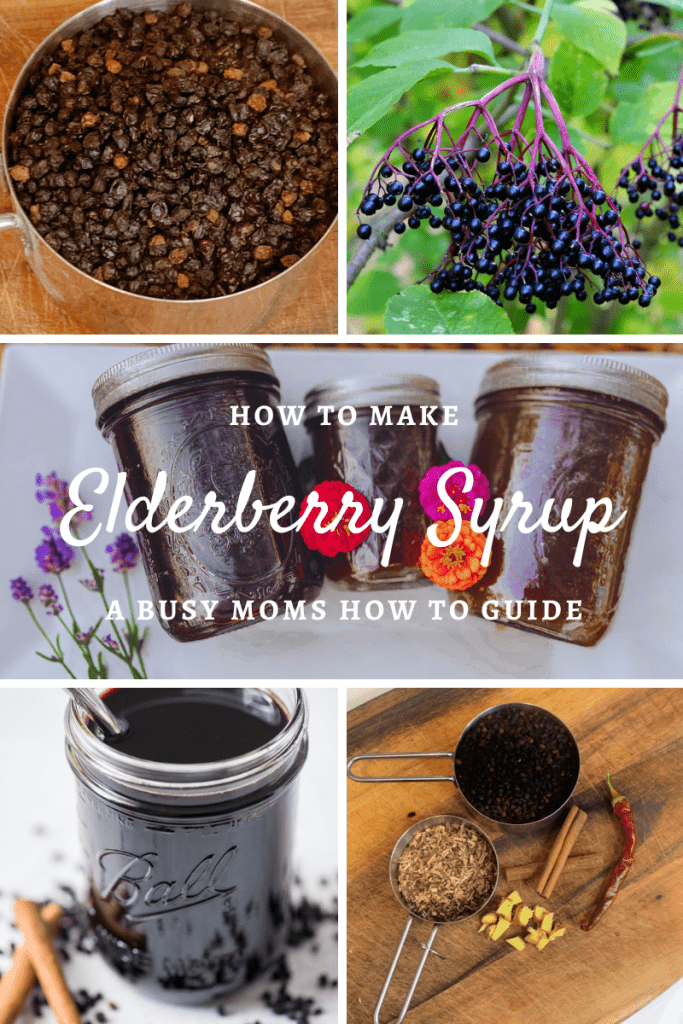
Elderberry Syrup and Overall Health
Elderberry syrup’s benefits extend far beyond just allergy relief, making it a versatile addition to your wellness toolkit. As flu season approaches, elderberry syrup shines as a potent ally in warding off respiratory infections and easing symptoms associated with the common cold and flu. Research suggests that elderberry syrup may help reduce the severity and duration of flu symptoms, thanks to its immune-boosting properties and ability to inhibit viral replication.
Furthermore, elderberry syrup has shown promise in addressing a range of other health concerns, including high cholesterol, high blood pressure, and rheumatoid arthritis. Studies have indicated that elderberry’s antioxidant compounds may help lower cholesterol levels and improve cardiovascular health by reducing oxidative stress and inflammation. Additionally, elderberry’s anti-inflammatory properties may offer relief for individuals suffering from rheumatoid arthritis, a chronic autoimmune condition characterized by joint inflammation and pain.
By exploring these additional benefits of elderberry syrup, individuals can harness its full potential for promoting overall health and well-being. Whether it’s boosting immune function during flu season or managing chronic health conditions, elderberry syrup offers a natural and effective way to support your body’s innate healing mechanisms. As always, it’s essential to consult with a healthcare provider before incorporating elderberry syrup into your routine, especially if you have underlying health conditions or are taking medications. With its myriad of health-enhancing properties, elderberry syrup stands as a testament to the power of nature in nurturing good health and vitality.
The Future of Elderberry Research
Looking ahead, the future of elderberry research holds exciting prospects and opportunities for advancing our understanding of its therapeutic potential. Despite the growing interest in elderberry syrup, there are still several areas that warrant further exploration and investigation. Limited studies and gaps in knowledge persist, leaving much to be uncovered about elderberry’s mechanisms of action and its specific effects on various health conditions.
One promising avenue for future research lies in exploring elderberry’s potential in immune support and oxidative stress management. As evidenced by preliminary studies, elderberry’s rich antioxidant content and immune-boosting properties offer promising avenues for enhancing overall health and resilience against infections and chronic diseases. Further research in this area could yield valuable insights into elderberry’s role in bolstering immune function and combating oxidative stress-induced damage.
Encouraging further research is essential to validate the efficacy and safety of elderberry syrup through robust clinical trials and scientific rigor. By subjecting elderberry syrup to rigorous testing methodologies, we can ensure that its benefits are substantiated by empirical evidence and that its use is supported by healthcare professionals and regulatory bodies. Additionally, conducting well-designed clinical trials will help elucidate elderberry’s optimal dosage, efficacy in specific populations, and potential interactions with medications.
In conclusion, the future of elderberry research holds immense promise for unlocking the full therapeutic potential of this natural remedy. By addressing existing gaps in knowledge, exploring new avenues of inquiry, and prioritizing scientific rigor, we can pave the way for a deeper understanding of elderberry’s role in promoting health and well-being. As we continue to invest in research and innovation, elderberry syrup may emerge as a cornerstone of holistic healthcare, offering safe and effective support for individuals seeking natural solutions to enhance their quality of life.
Elderberry Syrup Recipe
If you have never made elderberry syrup before, this recipe is very simple. You probably have most of the ingredients already in your pantry.
If you would prefer to purchase a ready-made kit for you to start out with, or you’re just wanting to keep it on hand, check out my shop for the Elderberry Syrup Quick Kit.
Elderberry Syrup
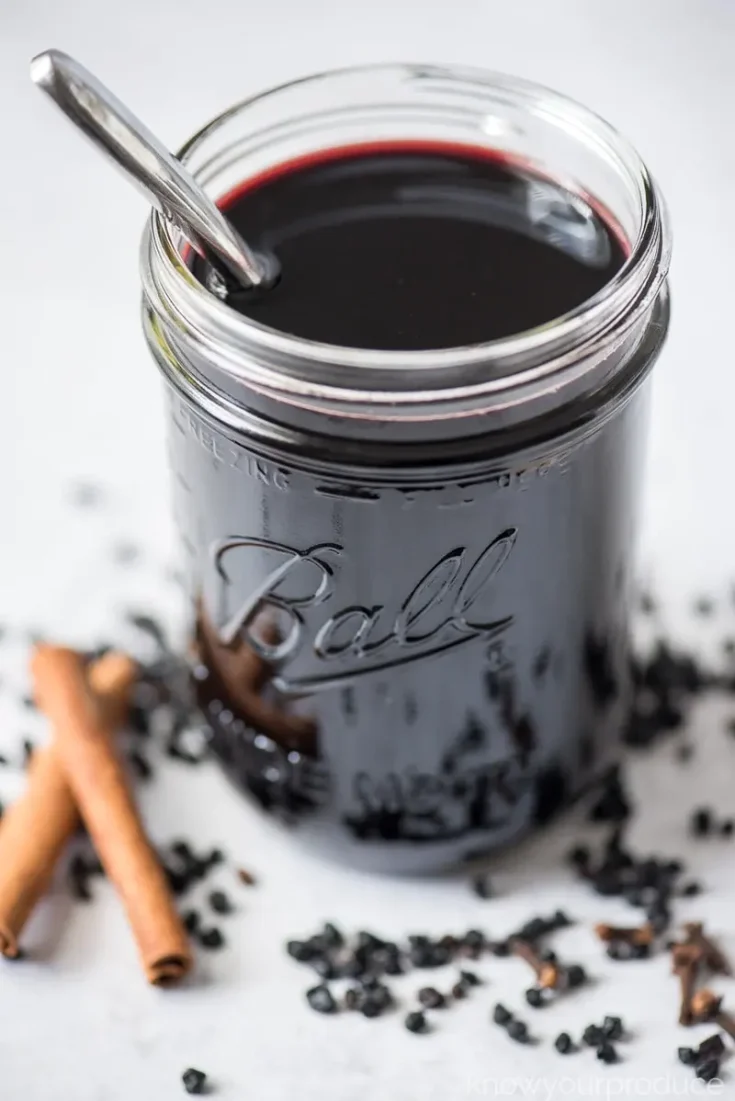
This is a quick and simple elderberry syrup recipe. You can add in or omit herbs as necessary. There is a video tutorial below with short step by step instructions.
Ingredients
- 5 cups water
- 1 cup dried elderberries Organic is always best when possible
- 1 tablespoon fresh ginger can substitute with dried
- 1/4 cup echinacea root
- 1/4 cup rosehips
- 2 sticks cinnamon
- 1 medium dried cayenne pepper Can crush before adding
- 1 cup raw honey Can add less or more to taste
Instructions
1. Pour water into the pot while on medium to low heat
2. Add in all of the herbs and do a quick stir.
3. Let the mixture come to a simmer. The syrup is done when the cinnamon sticks have opened and the water level has evaporated by at least 1 cup.
4. Strain mixture with a mesh strainer into a large enough measuring cup/bowl. While allowing the mixture to cool to approximately 100 ℉, add your honey into the quart jar. Once mixture is cooled, pour into the jar and stir.
5. Apply a leak proof lid. Once syrup is completely cool, store in fridge for up to 6 months.
Notes
Directions for use:
- Adult: Take 15-30ml daily for prophylaxis. Take a 2 day break every few weeks. Take 15-30ml 3-5 times a day if sick until healthy then take a 2 day break.
- Children: Take 5-7.5ml daily for prophylaxis. Take a 2 day break every few weeks. Take 5-7.5ml 3-5 times a day if sick until healthy then take a 2 day break.
- *Not recommended for under 1 years of age due to raw honey.
Research Studies
- Study Title: Randomized study of the efficacy and safety of oral elderberry extract in the treatment of influenza A and B virus infections.
- Authors: Zakay-Rones Z, Thom E, Wollan T, Wadstein J.
- Published in: Journal of International Medical Research, 2004.
- Summary: This study investigated the effectiveness of elderberry extract in treating influenza infections. The results indicated that elderberry extract significantly reduced the duration and severity of flu symptoms compared to placebo.
- Study Title: Elderberry Supplementation Reduces Cold Duration and Symptoms in Air-Travellers: A Randomized, Double-Blind Placebo-Controlled Clinical Trial.
- Authors: Tiralongo E, Wee SS, Lea RA.
- Published in: Nutrients, 2016.
- Summary: This randomized controlled trial examined the efficacy of elderberry supplementation in reducing the duration and severity of cold symptoms in air travelers. The study found that elderberry supplementation led to a significant reduction in cold duration and symptom severity compared to placebo.
- Study Title: Effects of Sambucol on Respiratory Symptoms and Influenza-related complications in healthy volunteers: a randomized controlled trial.
- Authors: Kong F.
- Published in: BMC Complementary and Alternative Medicine, 2012.
- Summary: This randomized controlled trial evaluated the effects of Sambucol, a proprietary elderberry extract formulation, on respiratory symptoms and influenza-related complications in healthy volunteers. The study found that Sambucol supplementation reduced the severity and duration of respiratory symptoms compared to placebo.
These studies provide valuable insights into the potential health benefits of elderberry supplementation, particularly in the management of influenza and respiratory symptoms. Further research is warranted to explore elderberry’s mechanisms of action and its efficacy in various populations and health conditions.
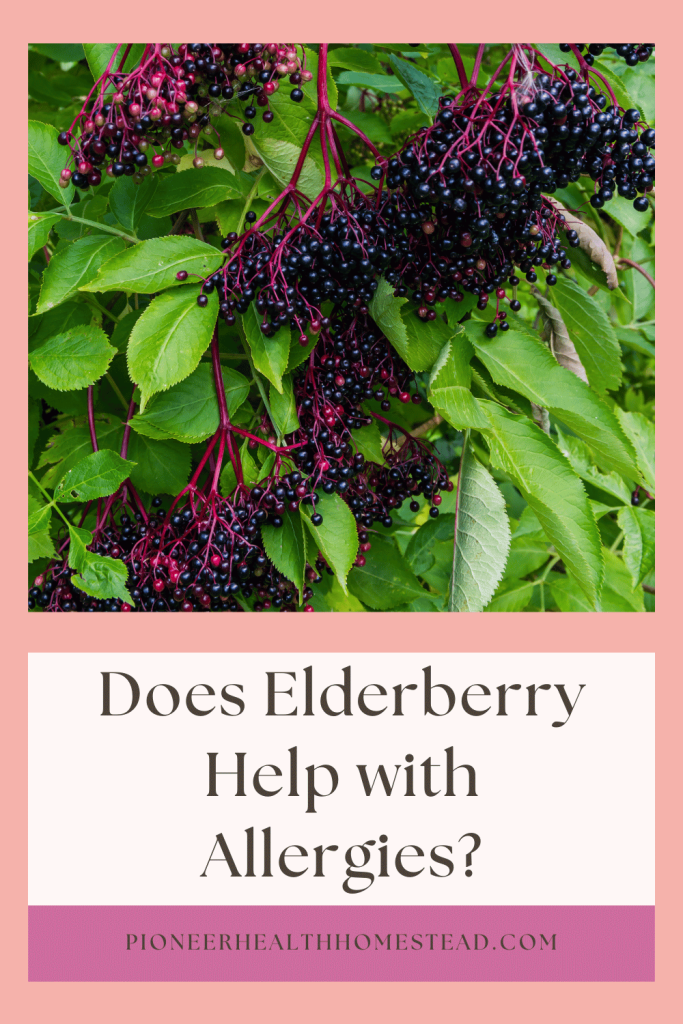
Conclusion
In conclusion, the discussion surrounding elderberry syrup unveils its potential as a natural remedy for alleviating allergy symptoms. Through its historical significance, backed by modern scientific research, elderberry syrup emerges as a promising option for individuals seeking relief from seasonal allergies. Its ability to address common symptoms such as runny nose, itchy eyes, and nasal congestion underscores its value as a holistic approach to allergy management.
It is crucial, however, to approach elderberry syrup with a discerning eye and an understanding of individual health needs. While elderberry syrup may offer benefits for many, consulting healthcare providers is paramount in making informed decisions about its use, especially for those with underlying health conditions or taking medications.
By embracing natural remedies like elderberry syrup, individuals can take proactive steps towards achieving a healthier, allergy-free life. This holistic approach not only addresses symptoms but also supports overall well-being, aligning with the principles of holistic health and wellness. As we navigate the complexities of allergy season and explore alternative solutions, elderberry syrup stands as a beacon of hope, offering relief and empowerment to those seeking natural alternatives for allergy management.
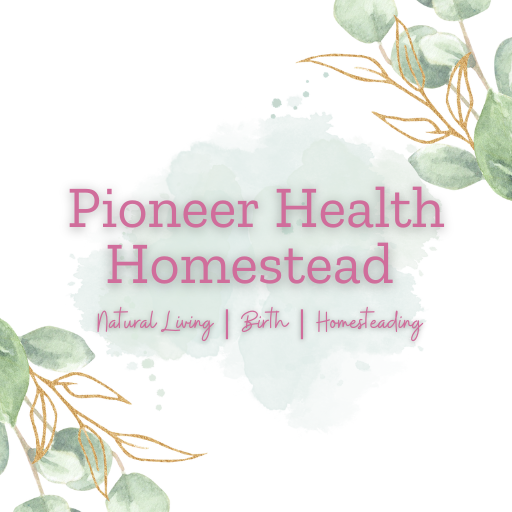

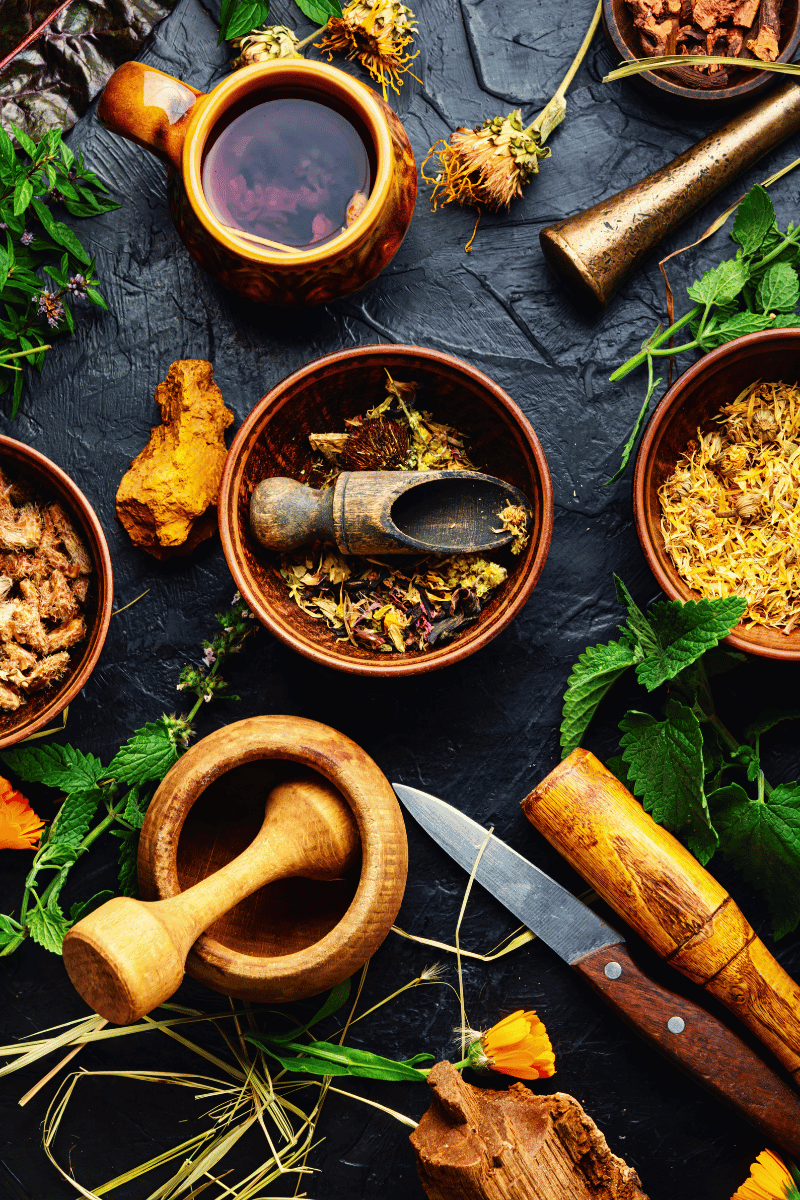
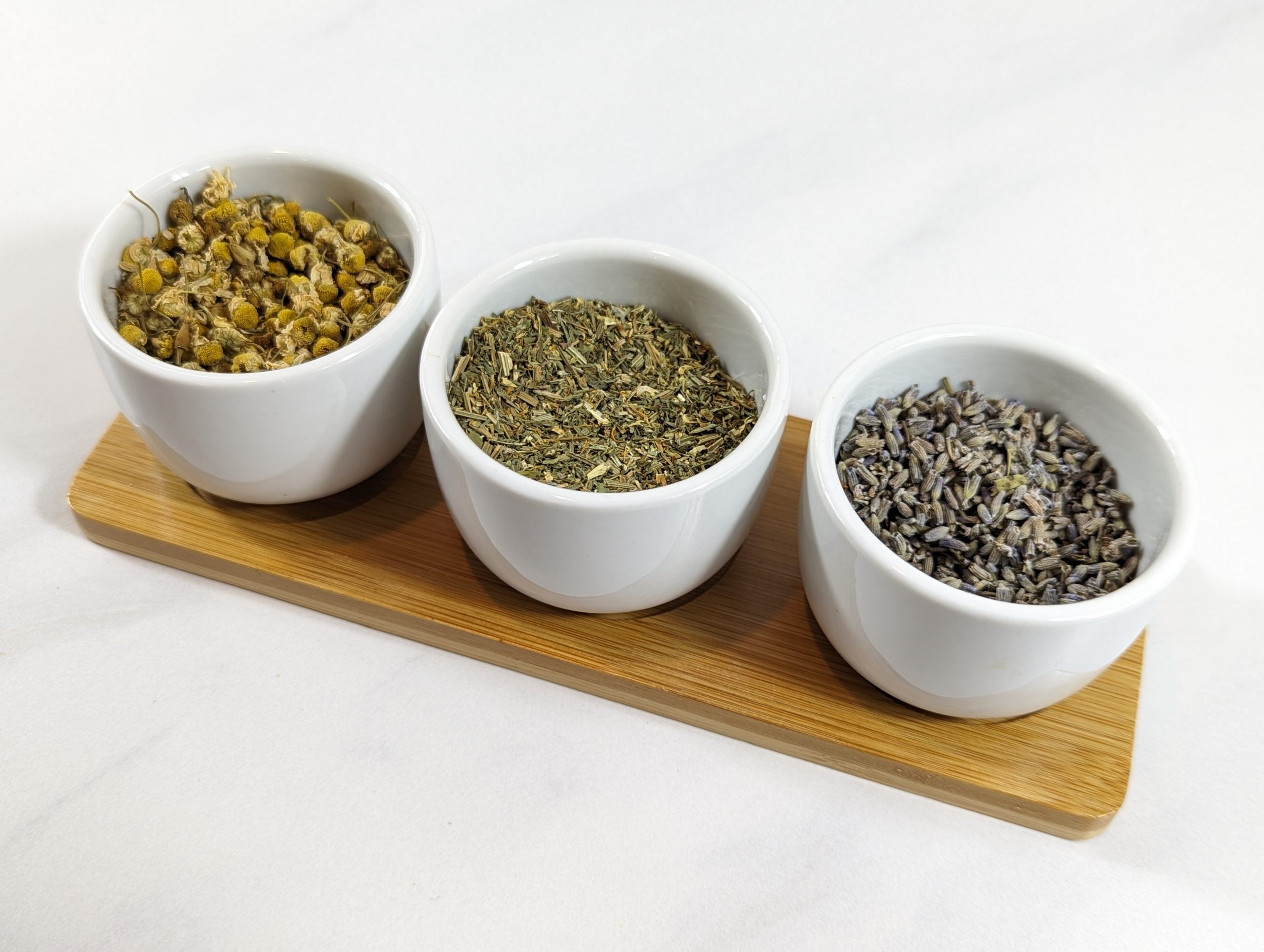
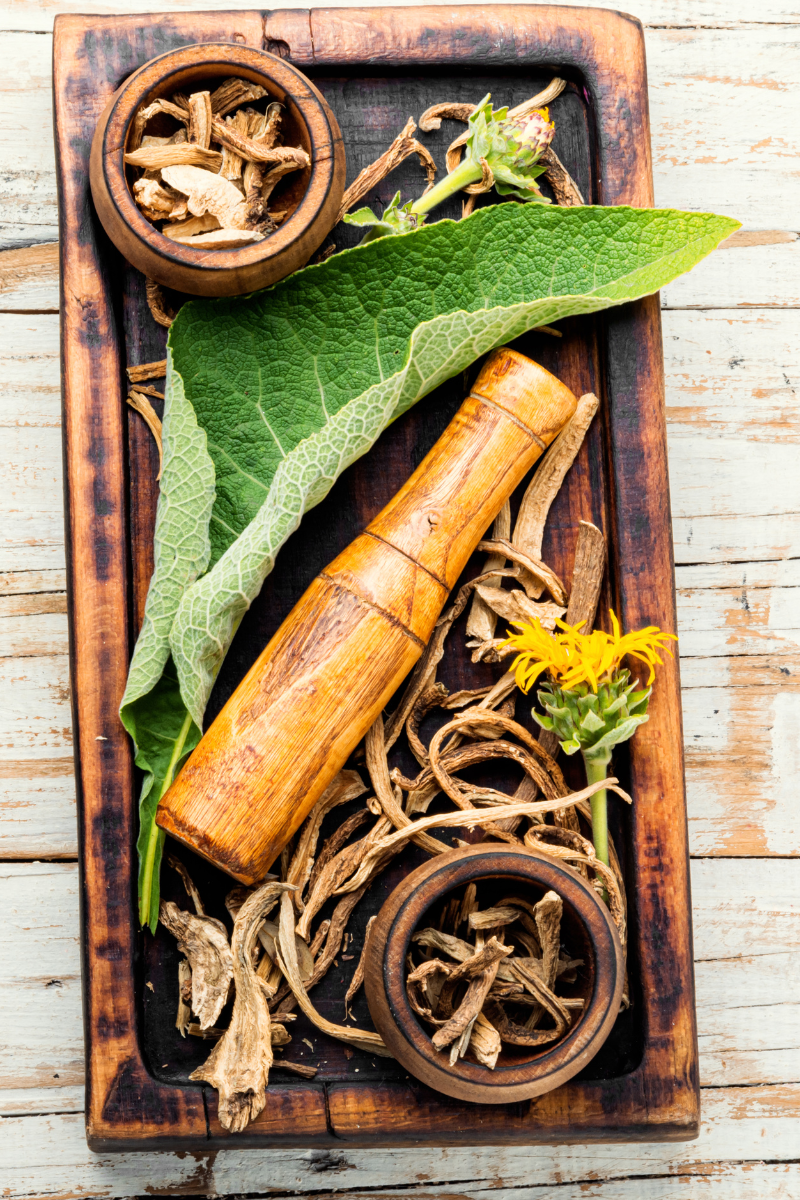
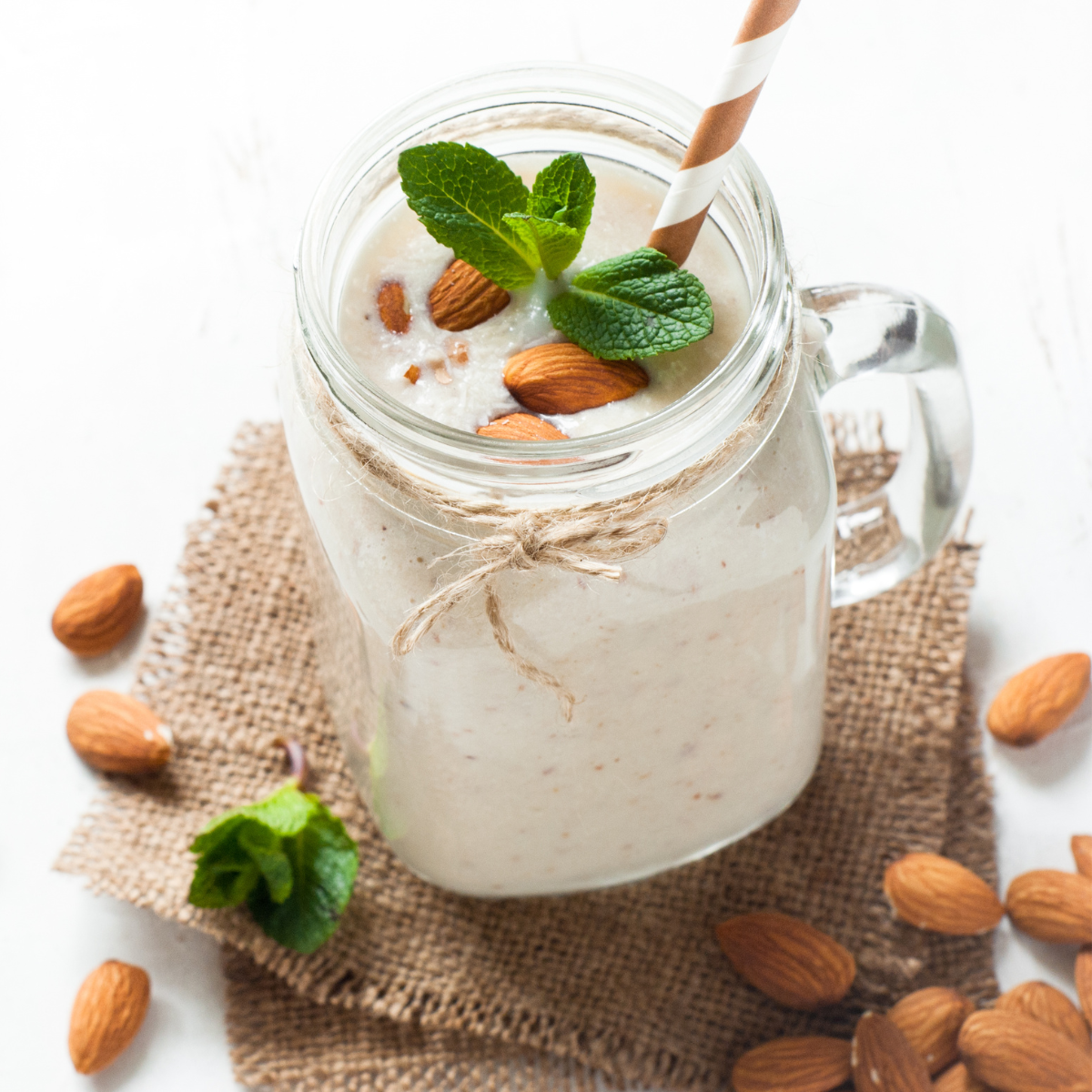
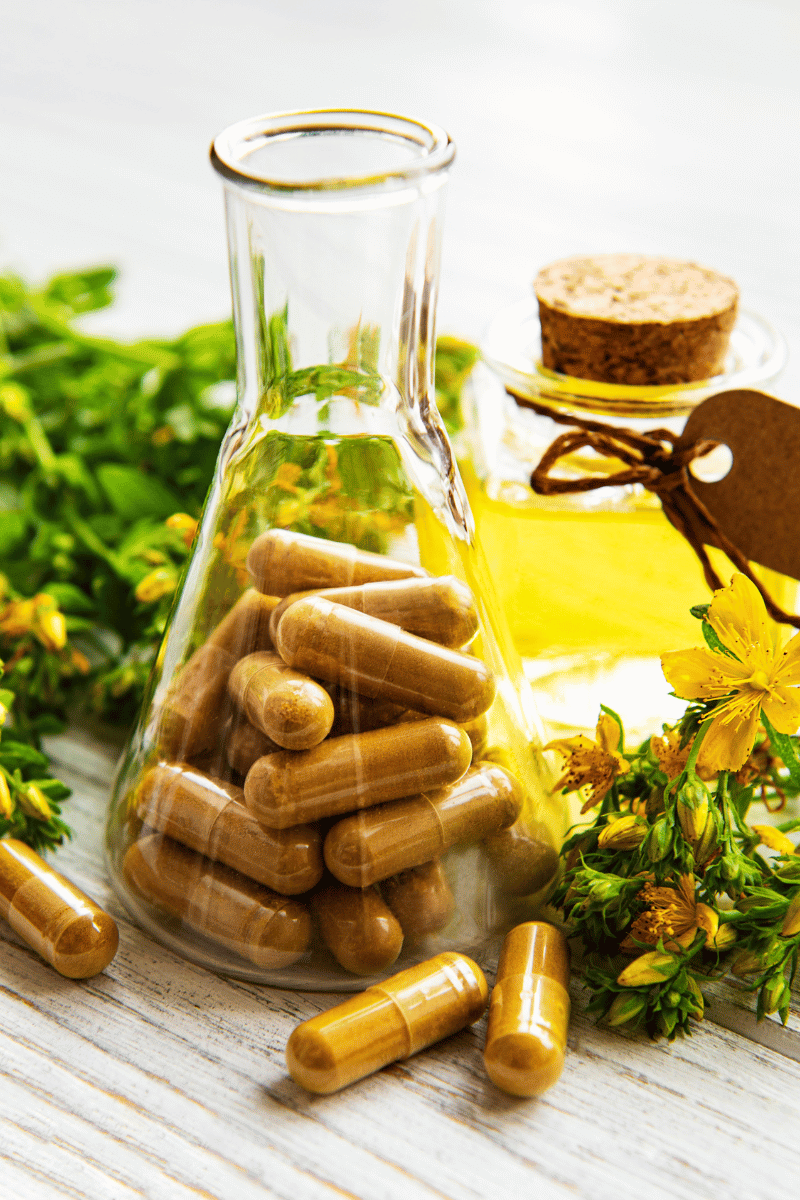
Should I begin taking Elderberry syrup a few weeks before allergy season and continue with the preventative dose until season changes? Sorry if you addressed this and I missed it ! Some different natural remedies suggest starting a month or more before allergy season. I wonder if Elderberry requires the same.
I would suggest taking a small dose prior to allergy season starting but only increase dosing as needed for allergies/sickness. I would suggest a 7 day break after a month or so of continual use, unless sick. It will allow your body to “relax” and not continually ramped up so to speak. And this is all also dependent on what you put into your syrup. Adding things like nettle can be a huge help but would not require the break. Thinks like oregano, echinacea and other immune boosting herbs is what would require the short break.